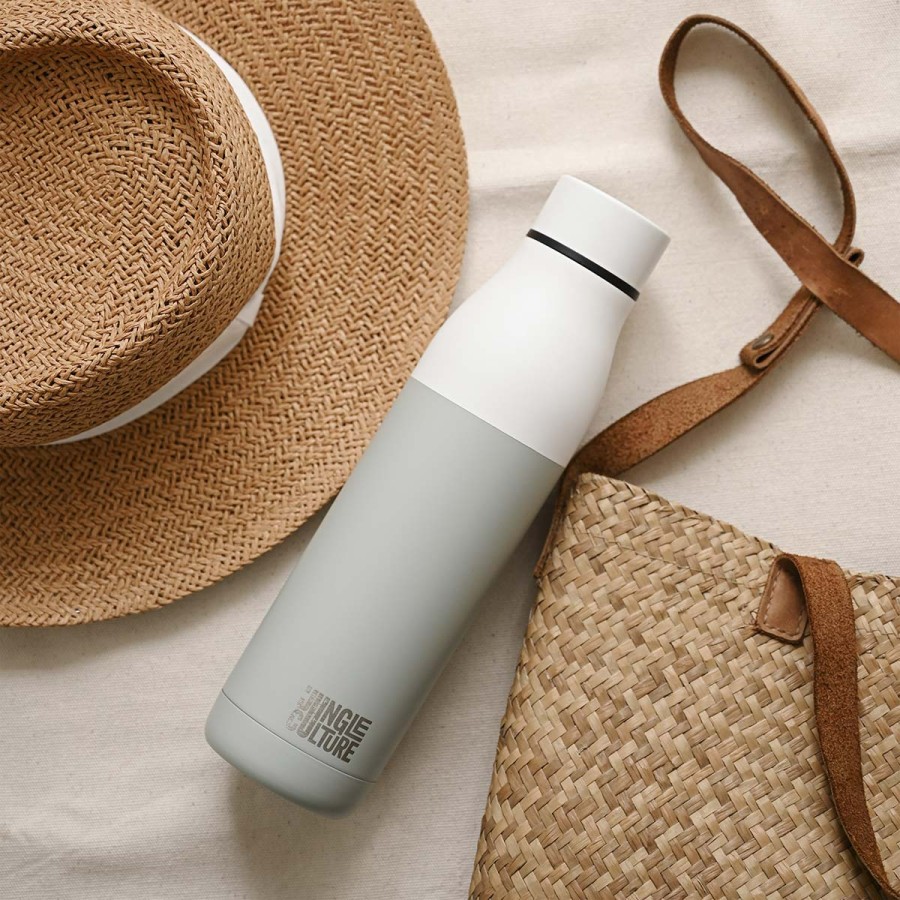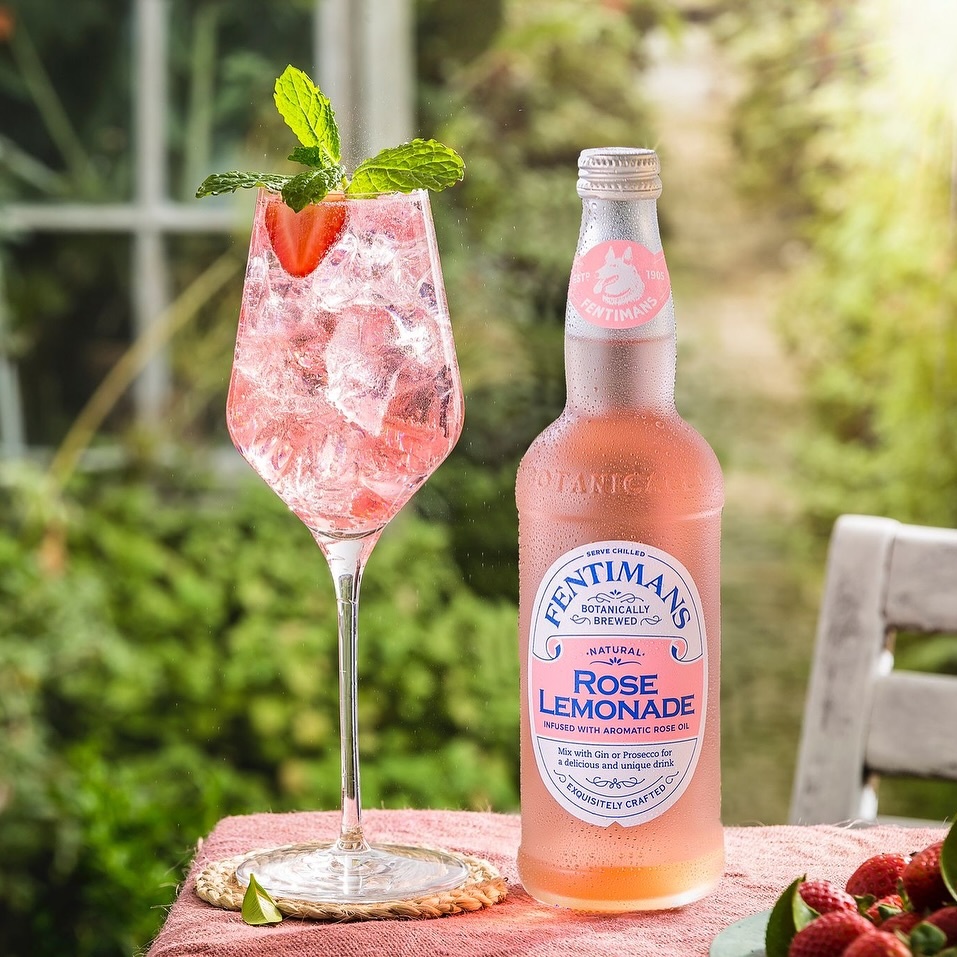PlanetCare (laundry microfiber filter)

PlanetCare (use code ENGLANDNATURALLY15 for 15% discount on all orders) is a one-time purchase, which fits to a washing machine in 10 minutes, and captures around 98% of microplastics from synthetic fibres (including washable nappies and sanitary pads or period pants). Even cotton undies and socks even have elastane.
Then instead of binning them (which could release microplastics at landfill), you simply send back full cartridges for recycling, and receive empty ones in return.
This is the ideal solution for washing synthetic clothing, until your wardrobe is totally natural (cotton, linen, hemp). Swimsuits use synthetic fibres, experts say just rinse and air-dry.
Microfiber Filters for Sinks & Buckets

If you hand-wash clothes, sink filters (from a company that also offers bucket filters to catch microplastics from mops with synthetic heads) are one option. Use with plastic-free cloths and sponges.
This company has no return system, so bin caught microplastics in a secure container, so fibres won’t wash away at landfill, in rainy weather.
Cora Balls (a more budget-friendly option)
If you can’t afford a PlanetCare set, than at least use a Cora Ball (sold in UK). This only collects around 30% of microplastics, but is better than nothing.
Inspired by how corals naturally clean the oceans, this tumbles around the washing machine, collecting fibres. Then just pull them out (like cleaning a hairbrush). This invention is designed to withstand the heat of washer-dryers, and profits are used to help clean the oceans.
Fionn Ferreira is a young Irish chap who has created a magnet to extract microplastics from the ocean.
Microfibre Filters Protect Marine Creatures

Most plastic in our seas is made up of microplastics, which basically means millions of tiny pieces of plastic that can’t be seen by the naked eye. These are ingested by all creatures, especially ‘filter feeders’ like whales, who ‘eat’ by opening their huge mouths to swallow everything, then spurt water out of their blowholes.
This means that creatures are washed up with their stomachs full of plastic. As most people own some clothing with synthetic fibres (nylon, polyester, recycled plastic bottles – even washable nappies and feminine care have synthetic waterproof backings), these release microplastics from washing machines into the sea, when laundered).
The obvious choice is to gradually switch your wardrobe over to a few natural pieces, and then a microfibre filter is not needed. Textile banks usually can accept synthetic clothing for recycling.
Until then, a single purchase of a microfibre filter is the best solution.
Never leave lint out in gardens, it’s a choking and mould hazard for birds and wildlife. Just securely bin. Read our eco-friendly laundry posts.






